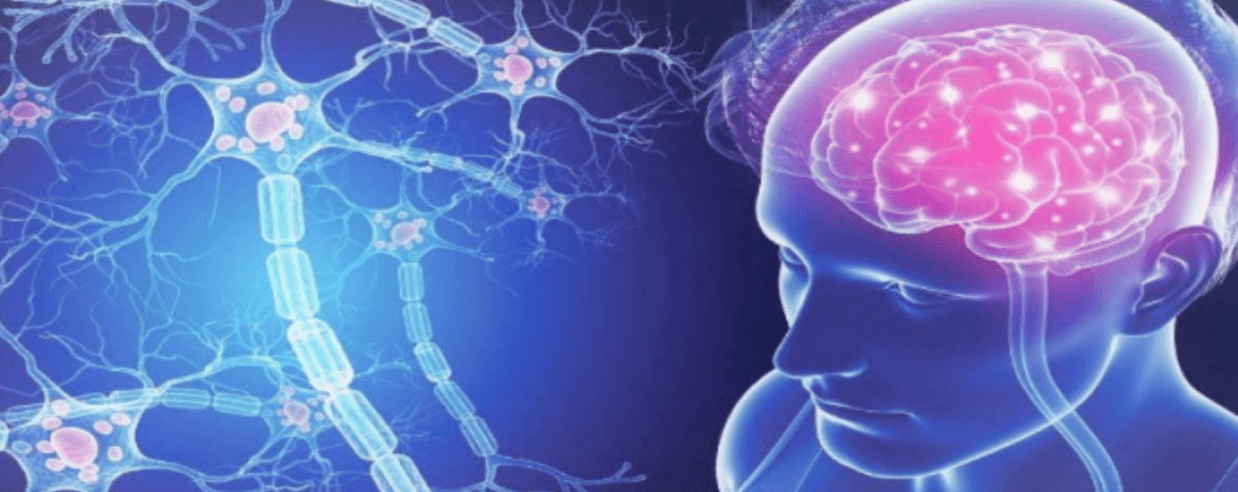The Best Strategy To Use For Regenerative Medicine For Multiple Sclerosis
Table of ContentsSome Known Details About Regenerative Medicine For Multiple Sclerosis Regenerative Medicine For Multiple Sclerosis - TruthsAll About Regenerative Medicine For Multiple SclerosisThe Definitive Guide to Regenerative Medicine For Multiple SclerosisWhat Does Regenerative Medicine For Multiple Sclerosis Do?How Regenerative Medicine For Multiple Sclerosis can Save You Time, Stress, and Money.Regenerative Medicine For Multiple Sclerosis - An Overview
The mesenchymal stem cells hair transplanted during stem cell treatment can divide and develop to create brand-new cells that can replace the harmed cells of the worried cells. This might bring back neurological functions in individuals with this problem. These benefits of stem cell treatment are more supported by the capability of MSCs to promote recovery.Individuals with numerous sclerosis are usually treated with mesenchymal stem cells. These are multipotent stem cells that have the capacity to set apart and mature to develop a vast array of cell kinds in the body. Once transplanted, these stem cells can establish to create healthy and balanced nerve cells therefore sustaining the regeneration of the broken cells of the nerve system.
When transplanted, the stem cells migrate to areas of swelling or damages within the central nerves (CNS). They are naturally brought in to the websites of injury where the body immune system is assaulting the myelin sheath, the protective treatment of nerve fibers. The stem cells work by promoting the fixing and regeneration of harmed myelin, potentially restoring function to affected nerve cells.
Some Known Facts About Regenerative Medicine For Multiple Sclerosis.
Stem Cell Research on MS The National Numerous Sclerosis Culture, along with various other companies, is actively funding and supporting research study right into mesenchymal stem cell treatment for multiple sclerosis to discover their possible and boost treatment protocols. The goal is to establish safer and extra efficient means to utilize stem cells in dealing with MS.
How Regenerative Medicine For Multiple Sclerosis can Save You Time, Stress, and Money.
Here are reviews from testimonials of the Swiss Medica clinic. The individual traveled from Romania looking for therapy for MS after hearing favorable feedback concerning stem cell therapy for the condition.
Obtain a totally free online appointment to learn how stem cells will benefit your instance, and what are the period and expense of the therapy. Clinical Advisor, Swiss Medica medical professional Lemus, H. N., Warrington, A. E., & Rodriguez, M. (2018 ). Several Sclerosis: Devices of Condition and Methods for Myelin and Axonal Repair Work.
Regenerative Medicine For Multiple Sclerosis for Dummies

Stem cells are cells in the body that can grow right into specialized cells that offer a specific feature. They are additionally able to generate specific duplicates of themselves. There are two primary kinds of stem cells: embryonic stem cells and adult stem cells. are found in the creating embryo and can mature into the majority of sorts of cells in the body.
are discovered in some adult cells and body organs consisting of the bone marrow, skin, blood, and mind. Adult stem cells are not as adaptable as beginning stem cells and are for that reason much more limited in terms of the types of cells they develop into. The one-of-a-kind buildings of stem cells provide promise for new treatments that can slow/halt MS condition task and repair service tissue damage in the main anxious system.
Regenerative Medicine For Multiple Sclerosis Can Be Fun For Everyone

The treatment includes gathering stem cells from a person's own (autologous) bone marrow. The individual is then treated with chemotherapy to deplete the body immune system and stem cells are reintroduced right into the body where they mature into new, healthy immune cells - Regenerative Medicine for Multiple Sclerosis. Stem cells can be injected right into the body in different means

In 2000, the MS Society of Canada and MS Scientific Study Structure moneyed a professional test including HSC transplants, led by Drs. Mark Freedman and Harry Atkins from the Ottawa Medical Facility Study Institute/University of Ottawa. The aHSC treatment available in Canada is a therapy that uses high-dose chemotherapy, also called conditioning.

The Ultimate Guide To Regenerative Medicine For Multiple Sclerosis
Neural stem cells (NSC) are located in the mind and can develop into different kinds of brain cells including neurons, oligodendrocytes, and astrocytes. NSCs may serve to repair or protect the mind and modulate the immune system. Early professional trials in non-human primates showed that treatment with NSCs profited the progression of MS-like condition in animal models.
The results from these safety and security research studies are positive for future stem cell and regenerative medication therapies in MS. Future clinical tests (phase 2 and 3) with bigger numbers of participants and controls are essential to analyze the effectiveness of this therapy for MS. As shown by the examples over, there is a substantial selection of study taking area that will certainly supply additional responses regarding the usage of stem cells to treat MS.
Stem cell therapy is taken into consideration risk-free, yet, like any clinical treatment, it brings some risks, such as momentary swelling or pain at the injection site. Major side results are rare when done by certified visit this website specialists.
Not known Details About Regenerative Medicine For Multiple Sclerosis
Multiple sclerosis (MS) is a chronic illness of the main nerve system that affects the mind and spine. It is defined by the degradation of myelin, a compound that covers nerve fibers, leading to disruptions in communication in between the brain et cetera of the body. Symptoms can differ widely and consist of muscle weak point, vision problems, discrepancy, and tiredness.
Multiple sclerosis is identified by the immune system incorrectly striking the safety sheath (myelin) that covers nerve fibers, causing interaction problems in that site between the mind and the remainder of the body. The illness can result in the deterioration or permanent damages of nerves. Signs vary commonly among patients and can include tiredness, movement concerns, discomfort, and cognitive adjustments.